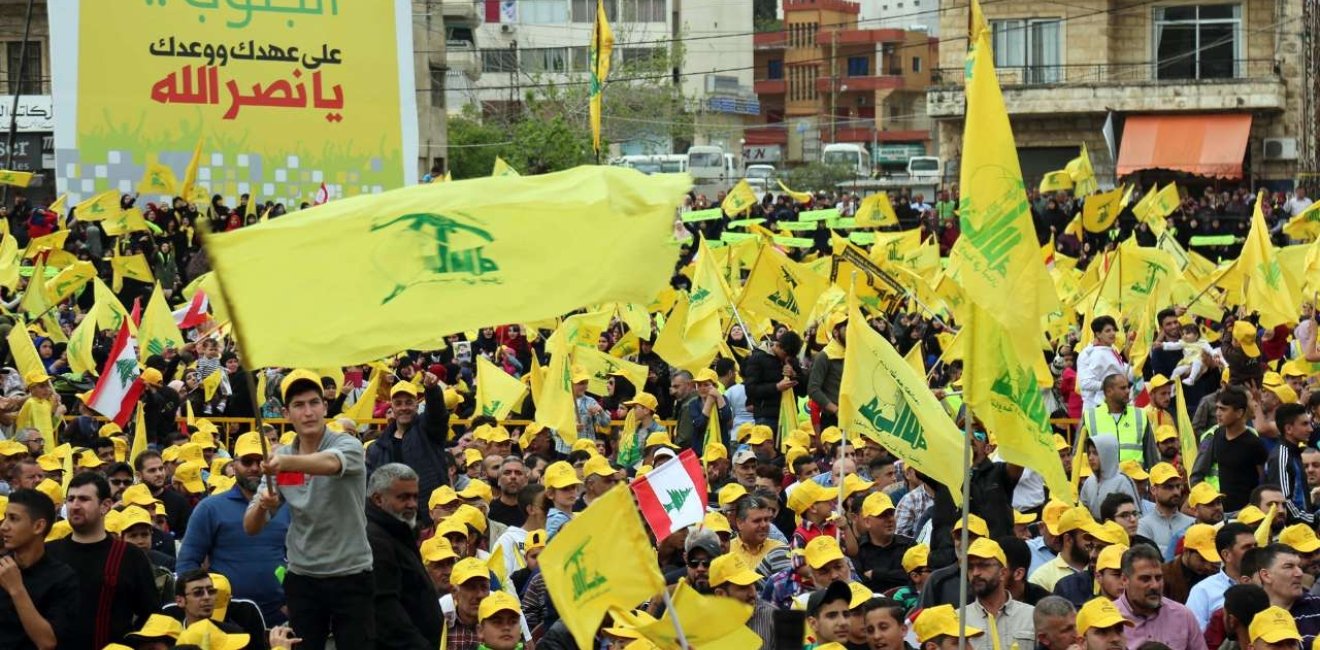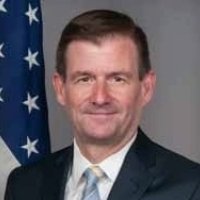The rising conflict between Israel and Hezbollah has a wearying predictability to it, at least for students of past patterns or—far worse—those on both sides who have lived that brutal past. Like some ancient Greek tragedy, we've all seen the play and know the players and their impulses, strengths, and frailties. We also have seen how the sorry storyline ends—in tragedy.
Since the June 1967 war, non-state actors—first Palestinian fighters, later Hezbollah—have used the nearly stateless area of south Lebanon for cyclical campaigns of asymmetrical war and terror on Israel. With similar regularity, Israel has responded to this intolerable situation with its military might, even with major campaigns in 1978, 1982-84, and 2006. Neither the generation-long Israeli occupation of a "security zone" in south Lebanon nor the unilateral abandonment of it in 2000 brought security.
While the Israel-Hezbollah contest has spiked, for now, both sides appear overall to be trying to avoid uncontrolled escalation.
Israel’s struggle for security
Here we are again. On October 8, 2023, Hezbollah joined the attack on Israel, even before Israel had mounted a response to the gruesome slaughters led by Hamas on October 7. Hezbollah leaders maintain that they will keep up the fight so long as the war in Gaza continues. While the Israel-Hezbollah contest has spiked, for now, both sides appear overall to be trying to avoid uncontrolled escalation. It is not in Israel's interest to have a full-blown, simultaneous war on two fronts. Similarly, it may not be in Iran's interest to unfurl Hezbollah's full potential. To do so would jeopardize Hezbollah's weaponry, which may be of greater value for Tehran to hold in reserve as a deterrent against kinetic attacks on its nuclear facilities.
At some stage, the Gaza war will diminish, and a major question then will be what happens on Israel's northern front. Gaza is likely to remain a source of insecurity and instability for quite some time. However, the mood in Israel will not tolerate forever the status quo in the north, where Hezbollah has effectively carved out its own security zone on the Israeli side of the border by virtue of its missile threats and consequent evacuation of 60,000 Israeli residents from the area.
Israeli rhetoric falls somewhere along a spectrum between deterrence and belligerence. Prime Minister Netanyahu warned on June 5 of the potential for "very strong action" and probably spoke for most Israelis when he said, "One way or the other, we will restore security in the north." One interpretation is that he is trying to avoid being outflanked by his right-wing cabinet colleagues, including Finance Minister Bezalel Smotrich, who demands a ground invasion.
The debate in Israel on how to restore security is grim, real, and an exercise in déjà vu. Memories of the 2006 war must dampen enthusiasm for full-scale war with Hezbollah in some Israeli quarters, as well as recognition that today's firepower on both sides has developed considerably since 2006. The problem is the absence of viable alternatives to address Israel's predicament in the north.
The essential US role
This is where America's role becomes not only relevant but essential—not to show Israelis how to conduct a war, but how to avoid further descent into one if at all possible. The framework for successful diplomacy starts with the unfulfilled commitments made at the end of the 2006 war, enshrined in UN Security Council Resolution 1701. It had the ingredients for restoring stability but lacked enforcement mechanisms or good-faith readiness by Hezbollah and its Iranian masters to submit to it. However, getting back on the road of implementing 1701 is key, with an initial 30-kilometer withdrawal of Hezbollah to the Litani River.
Buying Hezbollah's superficial acquiescence by putting no pressure on them or letting them prevail in the Lebanese political logjam over the presidential vacancy will not bring security.
To get there, it is valuable to draw lessons from the past. One lesson is to avoid focusing exclusively on short-term fixes. The temptation to paper over differences in the face of intractable conflict is high. Buying Hezbollah's superficial acquiescence by putting no pressure on them or letting them prevail in the Lebanese political logjam over the presidential vacancy will not bring security. And in any case, the Israelis will not accept a return to the pre-October 7 status quo and live in the daily shadow of terrorism.
The second related lesson is the value of persistence. America and its partners will have to remain engaged even after a ceasefire is achieved if we are to avoid a predictable return to violence. Third, so long as Israel, America, and others focus on the proxies and not the sponsors of conflict, these cycles of violence will never end.
The strategic foe is in Tehran, not Beirut. Recent reports of direct diplomatic engagement between American and Iranian officials may point in the right direction, depending on what is being said. But only when Iranian leaders—not just their Arab proxies and cannon fodder—feel the pain will we be likely to see a genuine reassessment in Tehran that influences the behavior of Hezbollah. Sanctions enforcement, interdiction of weapons exports, and military pressure on Iranian assets stationed outside Iran are starting points.
If Iran's strategic calculus does shift as a result of pressure, UNSCR 1701 still provides the framework for a gradual improvement of security for both Israelis and Lebanese living along that border. Success will require time and persistence.
The views expressed in this piece are those of the author and do not express the official position of the Wilson Center.






